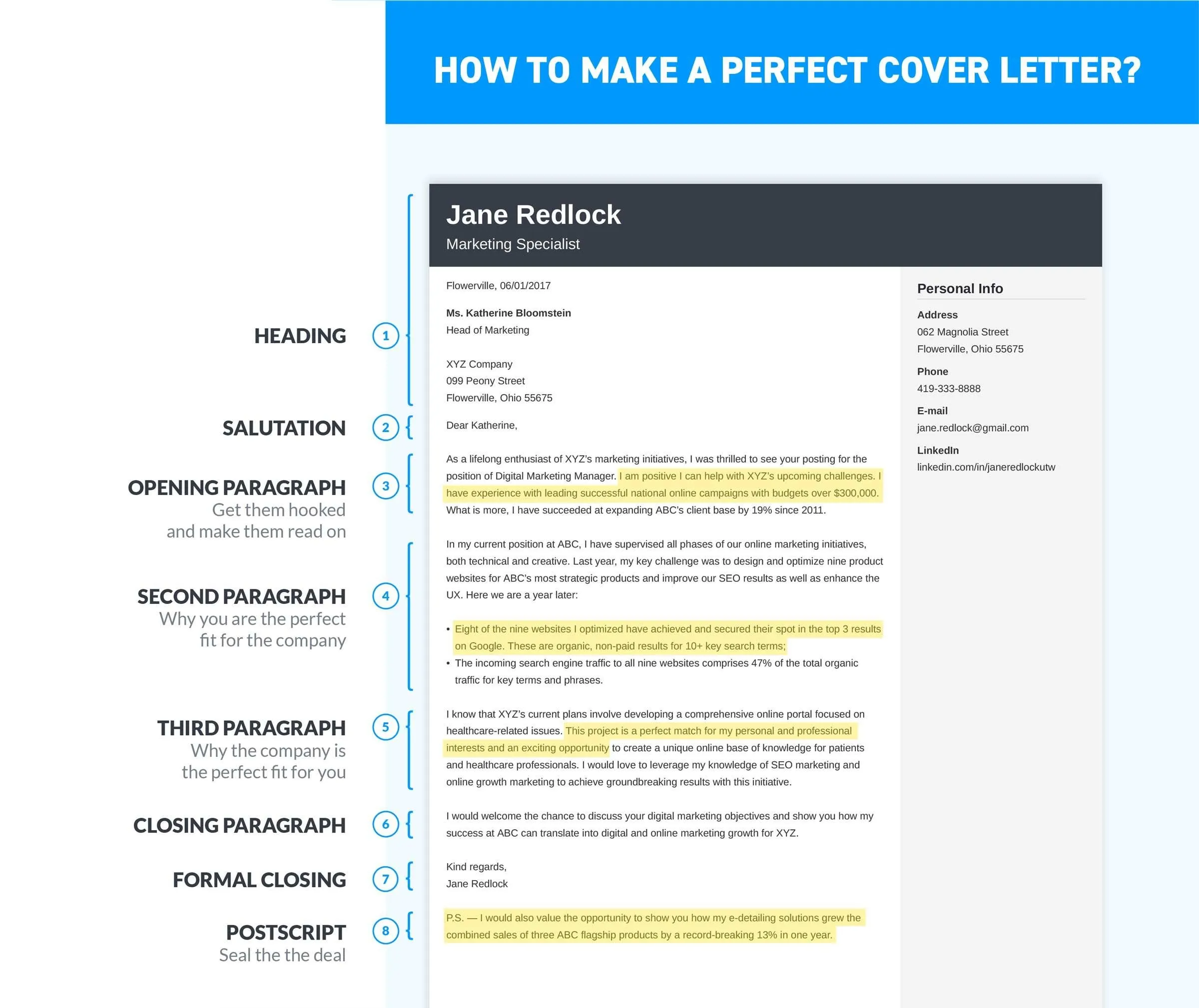The Cover Letter Conundrum
The question of whether to include a cover letter with your resume is a common one in the job search process. The answer, however, isn’t always straightforward. While some job seekers believe a cover letter is an essential tool for making a strong first impression, others question its relevance in the digital age. This article will explore the key insights you need to navigate this question, helping you make an informed decision that maximizes your chances of landing an interview. Understanding the role of a cover letter is crucial. It serves as your personal introduction, allowing you to expand upon your resume and showcase your unique qualifications.
The Purpose of a Cover Letter
A cover letter goes beyond simply restating your resume. Its primary purpose is to provide context, demonstrate your enthusiasm, and connect your skills and experience to the specific requirements of the job. It’s your chance to tell a story about why you’re the perfect fit for the role and the company. Moreover, the cover letter is an excellent opportunity to highlight your understanding of the company’s mission, values, and culture, showing that you’ve done your research and are genuinely interested in the opportunity. This proactive approach can significantly improve your application’s impact. In essence, a cover letter humanizes your application, making you more than just a list of qualifications.
Highlighting Your Strengths
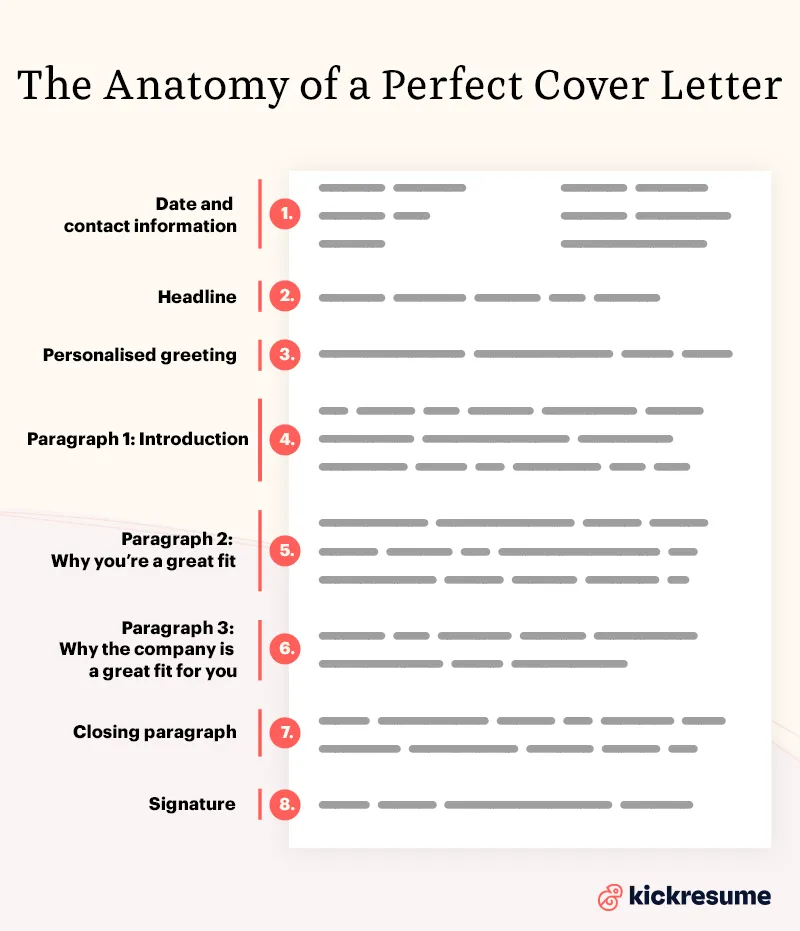
A cover letter allows you to emphasize the skills and experiences most relevant to the job. Instead of simply listing your accomplishments, use the cover letter to elaborate on them. Provide specific examples that illustrate your skills in action and quantify your achievements whenever possible. For instance, instead of saying, ‘Managed social media accounts,’ you could write, ‘Increased social media engagement by 30% in six months by implementing a new content strategy.’ This level of detail demonstrates your abilities and provides concrete evidence of your value to a potential employer. Tailoring this section to each application is critical; a generic cover letter is easily overlooked.
Showcasing Your Personality
Your resume is a factual document, but your cover letter is where your personality can shine. Use your cover letter to show your enthusiasm for the role and the company, revealing who you are beyond your professional qualifications. Inject your personality through your writing style. While maintaining professionalism is key, don’t be afraid to let your passion and genuine interest come through. This can make your application more memorable and help you connect with the hiring manager on a personal level. Remember, employers often seek individuals who will fit well within the company culture.
Tailoring Your Application
One of the most significant benefits of a cover letter is the ability to tailor your application to each specific job. Customize your letter to match the job description, highlighting the skills and experiences that are most relevant to the role. Research the company and understand its needs and challenges. Then, demonstrate how your skills can contribute to their success. This level of personalization shows that you’ve invested time and effort in the application, making it clear that you’re genuinely interested in the opportunity. A generic cover letter, on the other hand, suggests a lack of enthusiasm and can make your application seem less appealing.
When a Cover Letter is Essential
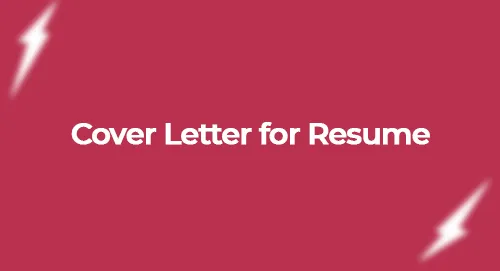
There are situations where a cover letter is almost always necessary. If the job posting specifically requests one, it’s essential to submit a cover letter. This is a clear indication that the employer values the information it provides. Similarly, when applying for roles where strong communication and writing skills are critical, such as in marketing, communications, or writing-intensive positions, a cover letter is a must-have. It allows you to demonstrate your proficiency in these areas. Also, if you have any gaps in your employment history or need to explain a career change, a cover letter provides the perfect space to address these issues and provide context.
Industry-Specific Requirements
Certain industries and roles inherently require cover letters. Fields like journalism, academia, and any creative role often expect a cover letter to showcase your writing style and storytelling abilities. Similarly, if you are applying for a position that requires a high degree of professionalism and attention to detail, a well-crafted cover letter is often seen as a non-negotiable. Be sure to research the standard practices of your specific industry. Tailor your application accordingly and be ready to provide a compelling, customized cover letter.
The Applicant Tracking System (ATS) Consideration
Many companies use Applicant Tracking Systems (ATS) to manage their applications. Cover letters may sometimes be overlooked by these systems if they’re not formatted correctly. To ensure your cover letter is read, consider the following advice. Make sure that your letter uses plain text, avoids complex formatting, and incorporates relevant keywords from the job description. You can also consider submitting your cover letter as a separate attachment or integrating key points within the body of your email to increase its visibility. Check the specific requirements of the job application process to find out how the company prefers to receive your cover letter.
When a Cover Letter Might Not Be Necessary
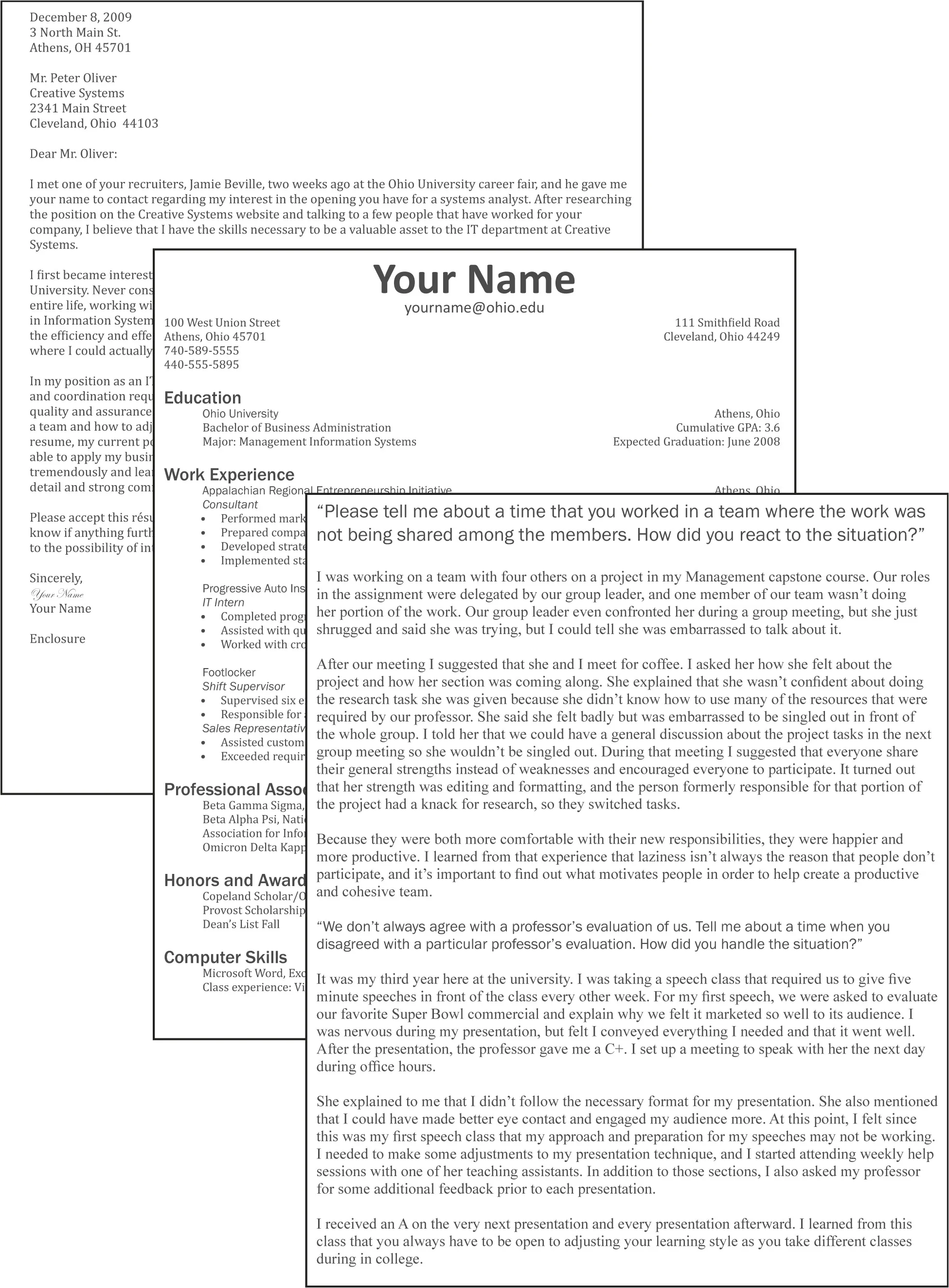
While cover letters are often recommended, there are instances when they might not be strictly necessary. In some cases, particularly in fast-paced or tech-focused industries, the emphasis may be on the resume and portfolio. If the job posting explicitly states that a cover letter is optional, you can consider whether it’s the best use of your time. If you’re applying for an internal position within your current company, your supervisor already knows your capabilities, and a cover letter might not add much value. In these scenarios, focus on refining your resume and highlighting your most relevant qualifications.
Skills and Experience Alignment
If the skills and experience listed on your resume perfectly match the job description, the necessity of a cover letter diminishes. In these situations, your resume already speaks for itself. However, even in this scenario, it is still good practice to send a short cover letter that summarizes your application. Doing so can still demonstrate your interest in the role. In these instances, a brief, targeted email expressing your enthusiasm and reiterating your alignment with the job requirements is often enough to make your application stand out.
Redundancy with Your Resume
If your cover letter simply repeats information already present in your resume, it’s likely not adding any value. Instead, use your cover letter to provide additional context, elaborate on your accomplishments, or highlight the aspects of your experience that make you the perfect fit. Avoid just restating your resume; this can frustrate the hiring manager. Instead, demonstrate how your skills translate into real-world results. Doing so will make your application more memorable and demonstrate your ability to communicate effectively.
Crafting a Compelling Cover Letter
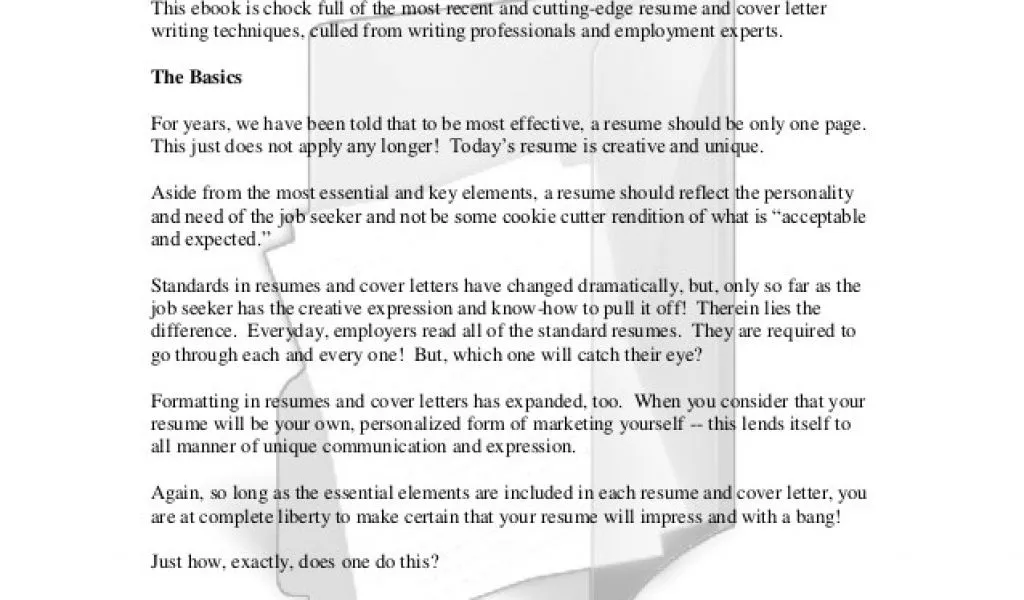
If you’ve decided a cover letter is necessary, crafting a compelling one is essential. Start by researching the company and the role. Understand their mission, values, and the specific requirements of the job. Then, personalize your letter by addressing the hiring manager by name. Clearly state the position you’re applying for and explain why you are interested in the opportunity. Moreover, tailor each letter to each job, highlighting your most relevant skills and experiences. By following these basic strategies, your application will have a much greater impact.
Key Elements to Include
A well-structured cover letter should include an opening paragraph stating your interest and the position you’re applying for, a middle section highlighting your relevant skills and experiences, and a concluding paragraph reiterating your interest and inviting the hiring manager to contact you. The body of your letter should provide specific examples that illustrate your accomplishments and quantify your achievements whenever possible. Tailor each section to align with the job description and company culture. Mention the company’s name and address your letter to a specific person, if you know their name. Keep your tone professional, enthusiastic, and genuinely interested.
Formatting and Tone
Formatting and tone can also significantly impact the effectiveness of your cover letter. Use a professional font and a clear, easy-to-read layout. Keep the letter concise, ideally no more than one page long. Maintain a professional but engaging tone, and avoid generic phrases. Proofread your letter carefully for any grammatical errors or typos. Your writing style should demonstrate your communication skills, and the overall impression should be positive. A well-formatted and error-free cover letter can make a positive impact, showing attention to detail and professionalism.
Alternatives to a Cover Letter
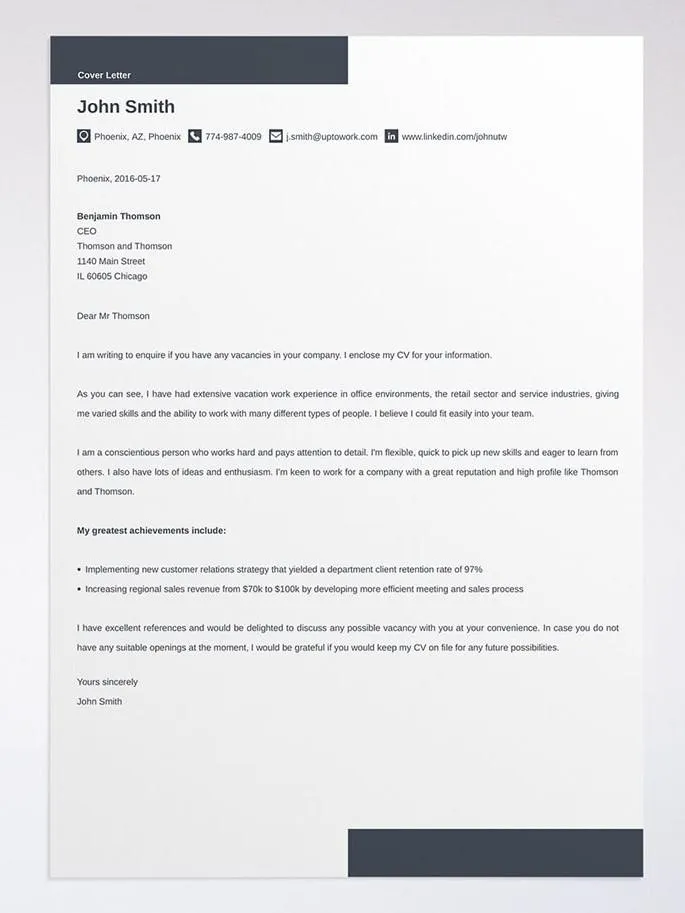
In some situations, you might consider alternatives to a traditional cover letter. For example, some job applications allow you to include a brief personal statement. This can be a great option when you can’t submit a full cover letter. Some platforms also allow you to write a summary or a profile section, which is a great place to highlight your most relevant skills. These alternative formats enable you to showcase your skills and experience without writing a full cover letter. When choosing between a cover letter and its alternatives, the critical thing is to align with what the application specifically requires.
The Email Cover Letter
When submitting your application via email, your cover letter often becomes the body of your email. In this scenario, the email should include a concise introduction, the main body of your cover letter, and a conclusion. Customize your email subject line to the job title and your name. Keep the email concise, using clear and professional language. Include your resume as an attachment, and mention this in your email. Double-check your email address for accuracy before sending. The email cover letter format offers a quick and easy way to introduce yourself to the hiring manager, while allowing you to showcase your writing skills.
The Follow-Up Email
After submitting your application, it’s wise to send a follow-up email. This is an excellent way to reiterate your interest in the position and confirm that your application has been received. Usually, it is best to send the follow-up email within a week or two of your application. Keep your email brief, referencing the job you applied for. Reiterate why you’re interested in the role and company, and show your commitment to the opportunity. This follow-up can help make your application stand out and can also provide an opportunity to offer any new information or answer any questions the recruiter might have.
The Takeaway Decide Now
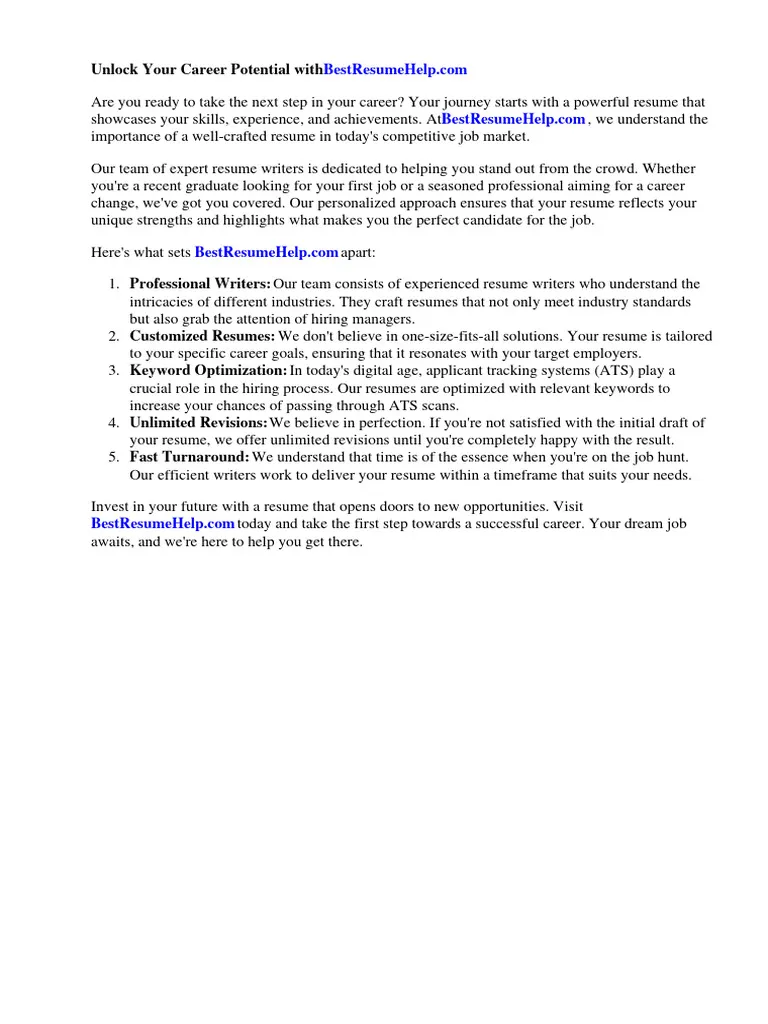
Ultimately, the decision of whether to include a cover letter with your resume depends on the specific job, industry, and your unique circumstances. Before applying, take the time to read the job description, the company’s requirements, and what others in your industry are doing. Assess how a cover letter can help you stand out from the competition and showcase your personality. Think of a cover letter not just as a formality, but as an opportunity to connect with the hiring manager and demonstrate your genuine interest in the role. With careful planning and execution, a well-crafted cover letter can significantly improve your chances of landing an interview.
